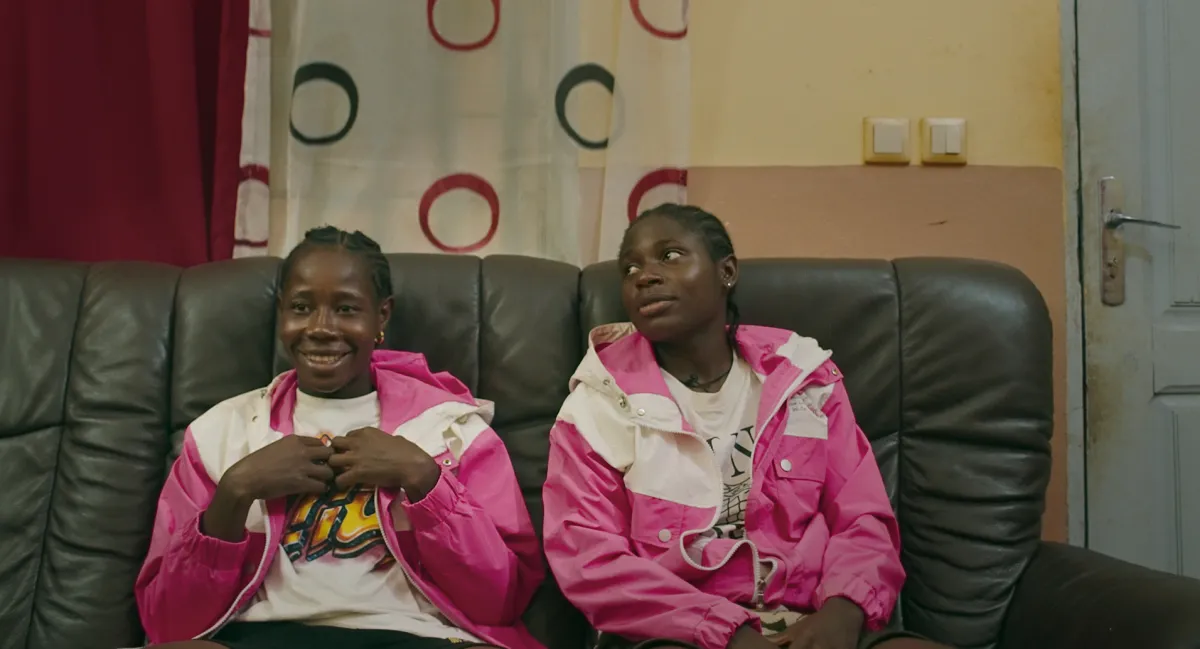
Young Filmmakers Target Africa And Hit Switzerland's Post-Colonial Legacy
Switzerland's Visions du Réel, one of the world's leading documentary film festivals, featured 154 films from 57 different countries – the highest number in its history. It's no wonder, perhaps, that the festival's national selection of Swiss documentaries is often overlooked by its foreign guests, who either focus on the two main competitions or try to catch up with the latest hits from other festivals.
But the national selection offers insightful perspectives on contemporary Swiss documentary production. In this year's programme, no less than three Swiss-made documentaries in the competition brought stories from Africa.
Football and friendshipSarah Imsand's Kevine et Fortune is a heartfelt exploration of the friendship between two young women from Cameroon who share the dream of becoming professional football players abroad. Fabienne Steiner's Fitting In is a study of an all-male student residence at Stellenbosch University in South Africa, where the long-term impact of the apartheid regime persists. And Laurence Favre's Lettres au Docteur L is an experimental exploration of diaries written by a 19th-century doctor and missionary sent to southern Africa.
Each of these films, through different narrative and formal strategies, tackles the ongoing reverberations of centuries-long Western colonial practices within specific communities. They are modest yet perceptive attempts to challenge entrenched systems of economic and cultural hegemony.
External ContentAs a creative form, documentary filmmaking has always inherently involved an asymmetry of power between the subject in front of the camera and the person behind it - the latter traditionally and historically being a Western white male - and Swiss documentary makers were no exception. In this regard, African Mirror, Mischa Hedinger's 2019 archive-based documentary about the Swiss traveler and filmmaker René Gardi, offers a compelling analysis of this stereotypical figure.
However, the tide seems to be turning. Considering the growing cultural and ethnic diversity of SwitzerlandExternal link , the three films in Visions du Réel's National Competition – all first features made by women, reflect a new paradigm, one that is transnational, decentralised, and gender-diverse.
More More How René Gardi shaped Swiss views of AfricaThis content was published on Nov 30, 2019 In“African Mirror”, director Mischa Hedinger recounts the career of photographer and film-maker René Gardi in colonial Cameroon in the 1950s.
Read more: How René Gardi shaped Swiss views of Afric
Legal Disclaimer:
MENAFN provides the
information “as is” without warranty of any kind. We do not accept
any responsibility or liability for the accuracy, content, images,
videos, licenses, completeness, legality, or reliability of the information
contained in this article. If you have any complaints or copyright
issues related to this article, kindly contact the provider above.





















Comments
No comment